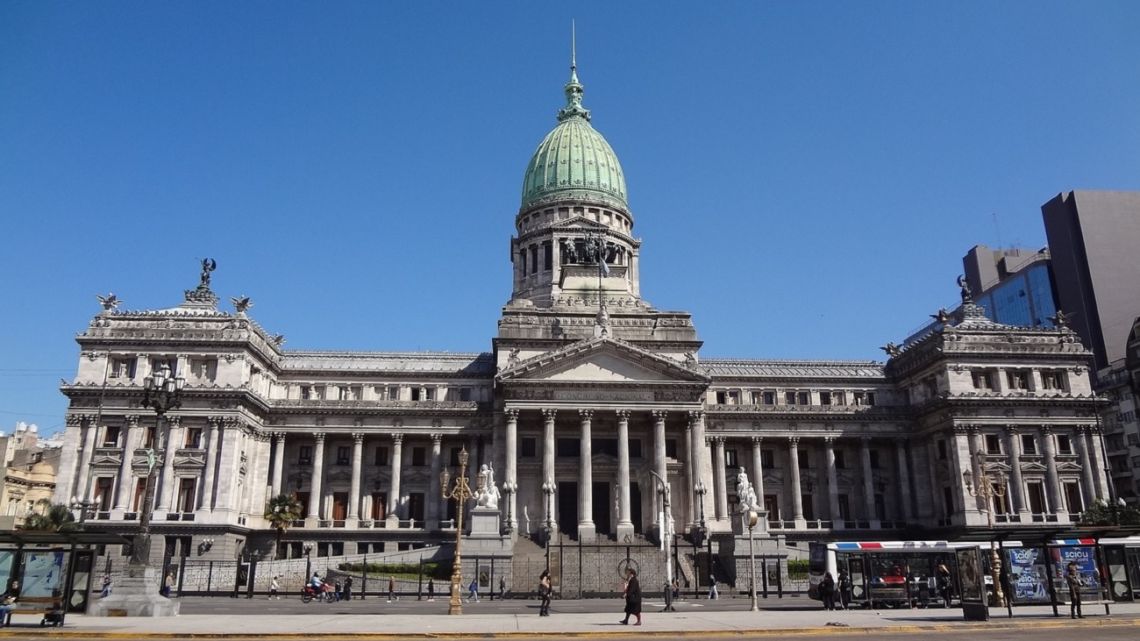From 1853 To date, there have been innumerable debates about the Preamble of the Argentine Constitution, on its originality (or not), on its importance (or not), and on its practical utility to interpret the articles of the constitution (or not). In these debates there were also those who held that the Preamble is part of the Constitution and those who held the opposite.
In this course of agreements and disagreements in the institutional and judicial life of our country, each generation sought and found new recesses and arguments between the words of the Peambulo to support or refute ideas, fashions or initiatives of the moment.
Each generation repaired in the Preamble to find a guide and a sustenance not only because of the emotional charge that it arouses (as Alfonsín was able to verify in the ’83 campaign) but because we all intuit that It is “the touchstone” of the constitutional project (as he said domingo faustino Sarmiento) and because we synthetically identify in it “all the evils that we wanted to remedy and all the ends that we set out to achieve” (as De Vedia maintained).
The unconstitutionality of inflation
An example, among many, of the use of the Preamble in the national public debate, we find it in the parliamentary debate of September 12, 1910 between Joaquín V. Gonzalez and Manuel Lainez. They were discussing in the room a project to restrict Syrian immigration when the former pointed out to the latter that: “…it must be taken into account (that), together with the precept of article 25 of the Constitution, which speaks, in matters of protective legislation of the European race (…) there is a much higher premise of the Constitution, which has founded justice for all men in the world who want to inhabit our soil; because our laws do not establish differences, it is enough for them, whatever their religion and origin, to live honestly in the country, to join the daily life of the Nation, and to be a useful member of it: that is what is required; the guarantee reaches all the men of the world…”.
Interpellation of the Preamble to the political class
Another example would be the changing value of the word “well-being” in our preamble over the years. While in “Ercolano” (year 1922) the Supreme Court held that “…the pre-eminent objective of the Constitution, according to its Preamble, is to achieve the general welfare, which means justice in its highest expression, this is, social justice…”, in “Quinteros” (year 1937) the Supreme Court held that “…from its Preamble and from its context the concept that the Constitution proposes “the common welfare” emerges. the common good of classical legal philosophy…”.
The National Constitution and the issue of the Falkland Islands and the South Atlantic
Examples of the use of the Preamble to argue abound on each page of our history and this is precisely what we want to highlight in these lines. It is not a question here of bringing up a endless historical examples nor to value its hold here, but only to invite one to reflect on the Preamble with the eyes of the present.
Under this premise, and especially in these times when climate change and drug trafficking have already begun to show their most ruthless face and when politics has become engrossed in its own problems while poverty continues to grow, despair and Ezeiza seduces us as the only way out, the Preamble is questioning us.
The constitutional project is a present political project designed for the future and for this reason, in an electoral year like this, what the citizens least expect from their representatives (in particular) and from the political class (in general), is that they offer us the future we have lost and lead us confidently towards it.
To do this, it may be useful to keep in mind that our Constitution, as its Preamble says, was sanctioned for all of us and “for our posterity.” That is, we owe it to ourselves and we owe it to our children. There is no more time to lose.
* Magister Lawyer in Business Law, Professor of Constitutional Law and Director at Biscardi & Asociados
You may also like
